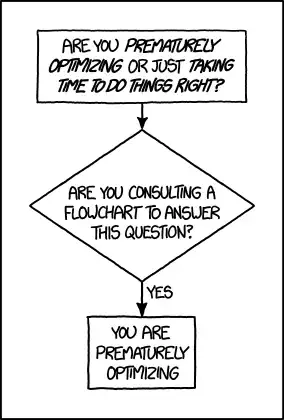I am a high school student working on a C# project with a friend of mine with about the same skill level as me. So far, we have written roughly 3,000 lines of code and 250 lines of test code in a span of 100 commits. Due to school, I put off the project for a few months and recently I was able to pick it back up again.
By the time I had picked it back up, I understood that the code I had written was poorly designed, such as inclusion of excessive threads in the renderer, poor prevention of race conditions in the interaction between the emulated CPU, GPU, and game cartridge, as well as code that is simply redundant and confusing.
The problem is that I have not finished even the main functionality of my program, so I cannot truly refactor, and I feel discouraged to go on perfectly aware that my code's design is flawed. At the same time, I do not want to abandon the project; a substantial amount of progress has been made and the work must not go to waste.
I feel as if I have a couple of choices: to simply finish the functionality by working around the poor design and then refactoring once everything is working, halting everything and working toward untangling everything before the rest of the functionality can be finished, starting the project all over so that it is fresh in my mind again, or downright abandoning the project due to its excessive size (essentially "back to the drawing board").
Based on others' experience in such projects, what is the recourse in getting myself back on the right track? From answers on this site, the general consensus is that rewriting is generally unnecessary but an available option if the code cannot be maintained without excessive cost. I genuinely would like to pursue this project, but as it stands, my code is not designed well enough for me to continue, and a feeling of despondency detracts me from continuing.
